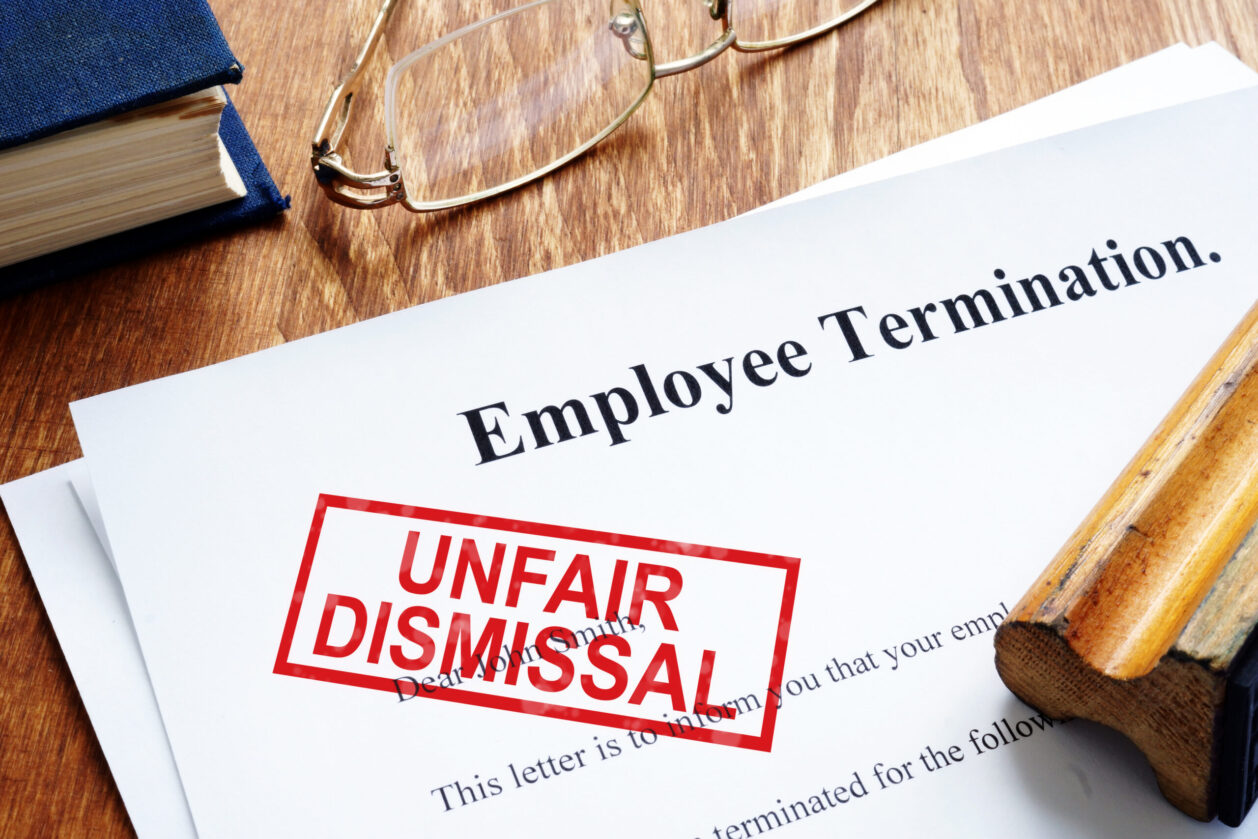The following information applies to state system employers and employees only.
Definition of deductions from pay
A deduction from pay occurs when an employee’s overall wage or salary is reduced because the employer has withheld their full earnings for a particular purpose.
Entitlement to deduct
The ability of an employer to lawfully deduct monies from an employee’s wages depends on several factors. An employer cannot make deductions without the employee’s written consent or clear lawful authority to do so.
Common deductions permitted by law include income tax and orders issued by a court of law such as the Family Court for child support payments.
The WA Minimum Conditions of Employment Act 1993 allows an employer to make deductions from an employee’s pay only where the deductions are:
- Permitted under legislation or via a court order; or
- Authorised in an award, agreement or contract of employment; or
- Agreed to in writing by the employee.
- In general, these deductions will need to be paid by the employer, on behalf of the employee, to a 3rd party.
For example, an employee may authorise their employer to regularly deduct an amount and make payment of that amount to a charity or towards additional superannuation payments beyond statutory requirements.
If an employee and employer agree deductions from pay in writing to for any reason that deduction will generally be lawful. This is provided that genuine mutual agreement has been reached, without coercion or duress. In other words the employee has voluntarily entered into that arrangement with their employer. An employee is also entitled to withdraw their authority to make deductions by providing written notice to the employer.
The following examples illustrate what lawful deductions are.
Lawful deductions
Lawful deductions which are for the employee’s benefit might include:
- Salary sacrificing – allowable through the Super Guarantee (Administration) Act 1992
- Social club fees – providing the employee with access to discounts for functions or free attendance at social events
- Union fees
- Charity contributions
- Purchased leave.
- Recovery of costs for damaged or stolen company property – assuming this is allowed by the employee’s award, agreement or the employment contract.
Unlawful deductions
An unlawful deduction can arise where the employer does not have a written agreement with the employee to allow for the deduction or where the agreement is not genuine (i.e. the employee has not entered into the arrangement voluntarily).
The following examples outline deductions that may be considered unlawful:
- Automatic deduction, without written mutual agreement, for a deposit on a security access card which is then refunded when the item is returned on termination of employment.
- Deductions from wages to replace untidy uniform items due to normal wear and tear.
- Deductions to reverse overpayments that have occurred over a period of time.
- Exceeding the amount of money that can be withheld from an employee as stipulated in a registered agreement (i.e. for failure to work out a required notice period etc).
It is important to note that an employer need not agree to requests from employees to make deductions from pay. Deductions are only compulsory where the employer is obliged to do so via a law or court order. Any other such deductions must first be mutually agreed.
Contact CCIWA’s Employee Relations Advice Centre on (08) 9365 7660 or [email protected] for further information.






